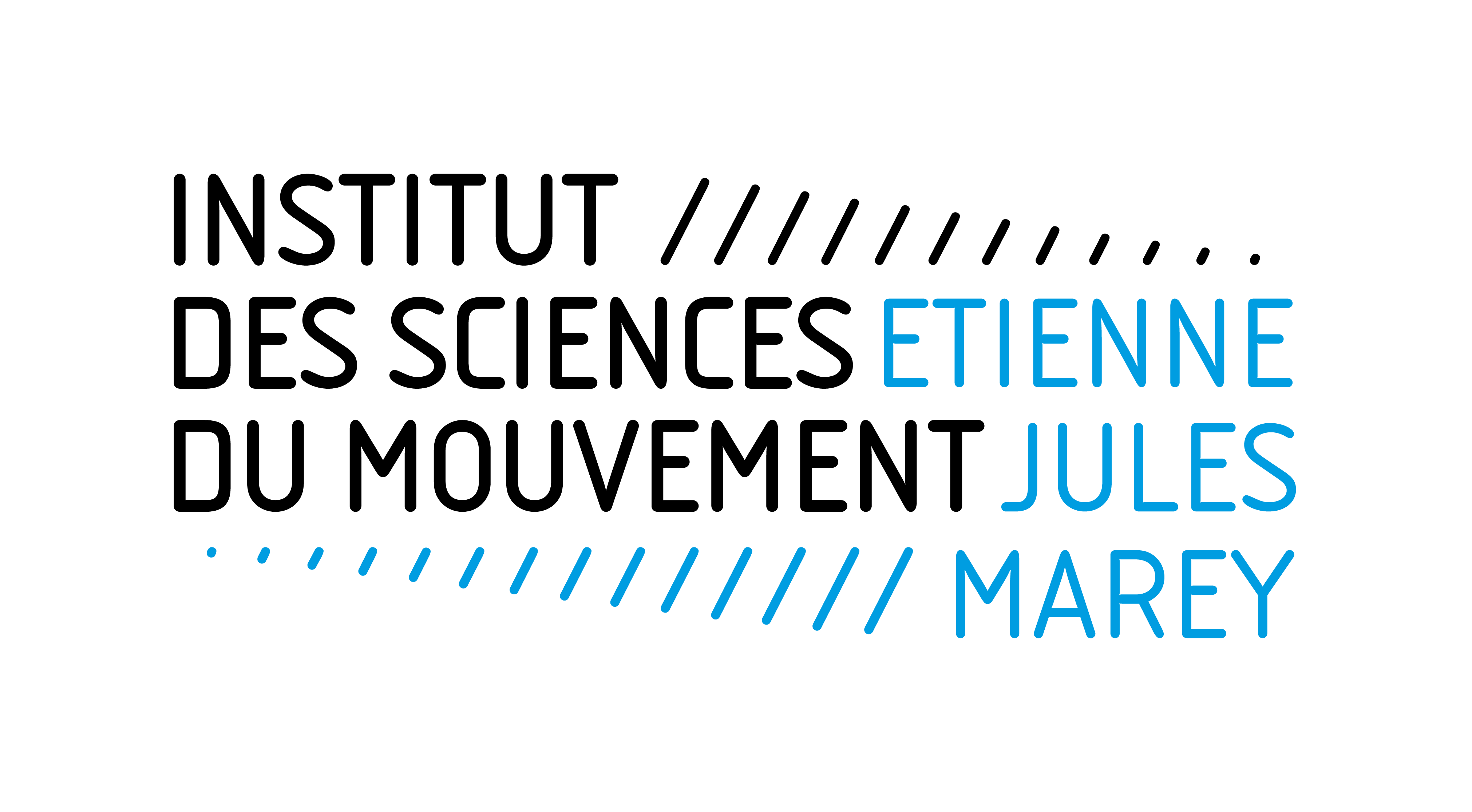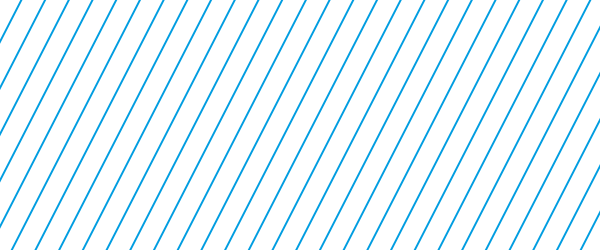Séminaire ISM du mardi 3 juin
de 10h30 à 11h30 en salle E201 (FSS)
Titre: Object manipulation: an epic journey to the ISS.
par le Dr Philippe Lefèvre (UC Louvain), invité par F. Sarlegna
Résumé: Gravity has long been purported to serve a unique role in sensorimotor coordination, but the specific mechanisms by which gravity influences object manipulation remain elusive. The GRIP project aimed at exploring the role of gravity in object manipulation. In this seminar I will present data from parabolic flight experiments as well as data from
11 astronaut subjects who participated in the GRIP project (discrete, targeted, rhythmic and collision protocols).
Biosketch:
Philippe Lefèvre (PL) graduated as an Electrical Engineer from UCLouvain in 1988 and obtained his PhD in Applied Sciences in 1992 from UCLouvain:
"Experimental study and modelling of eye-head orientation". During his PhD, he spent one year at McGill University in the department of biomedical engineering. He then spent two years (postdoc) as a Visiting Fellow at the Laboratory of Sensorimotor Research, NEI, National Institutes of Health, MD Bethesda. In 1997 he obtained a permanent position as a Research Associate from FNRS at UCLouvain. From 2003 to
2004 he spent a sabbatical and was appointed as a Visiting Scientist at the National Eye Institute, NIH, Bethesda. In 2006 he became Professor at UCLouvain and from 2007 to 2012 he was the chair of the program committee in Biomedical Engineering. From 2010 to 2015 he was appointed as the head of the Department of Applied Mathematics from UCLouvain. In
2011 he became Full Professor of Biomedical Engineering. In 2018 he spent a sabbatical (6 months) at Queen’s University, Kingston, Ontario in the Center for Neuroscience Studies.
PL supervises research projects on biomechanics of finger object interaction, dexterous manipulation in micro-gravity, the interaction between vision and the neural control of movement, modeling of the oculomotor and motor systems, experimental and clinical study of eye, head and limb movements and eye-hand coordination.
PL already supervised more than 30 PhD students and postdocs since 1999.

